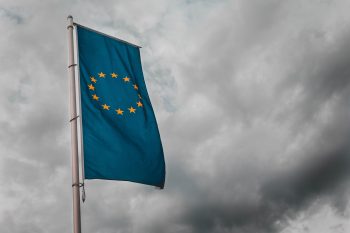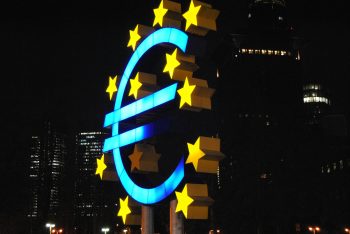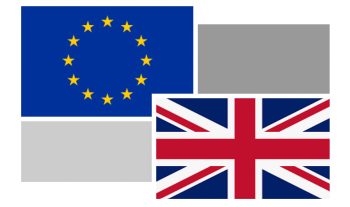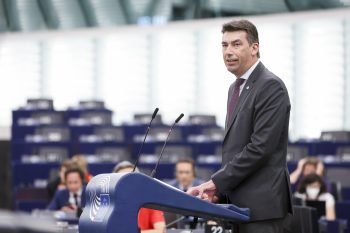EU launches office to implement AI Act and foster innovation
The European Union has launched a new office dedicated to overseeing the implementation of its landmark AI Act, which is regarded as one of the most comprehensive AI regulations in the world. This new initiative adopts a risk-based approach, imposing stringent regulations on higher-risk AI applications to ensure their safe and ethical deployment.
The primary goal of this office is to promote the "future development, deployment and use" of AI technologies, aiming to harness their...

















